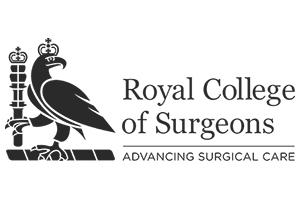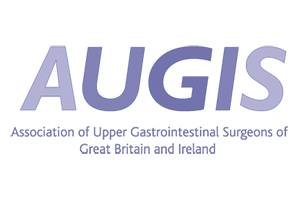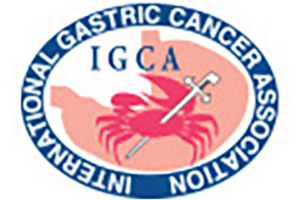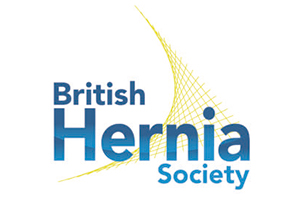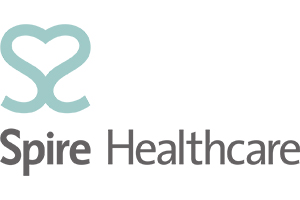Gastro-oesophageal reflux disease (GORD) is a common condition where patients have symptoms caused by food and fluid in the stomach going back up into the oesophagus or gullet. On a weekly basis, up to 1 in 5 (20%) people will experience some symptoms of GORD. For many people, symptoms are minor, but in some patients they can be particularly bothersome, difficult to control and interfere with their quality of life.
Different symptoms that patients with GORD can experience are explained below.
Heartburn or pain
A common symptom is a burning or achy sensation in the middle of the chest behind the breast bone or in the upper part of the abdomen or tummy. Sometimes this can be severe and people report feeling pain in this area.
Reflux and regurgitation
Many people report feeling fluid or an acidic sensation that comes up into the back of their throat. Often this is just a small amount of fluid that many people automatically swallow again. However, some people have larger volumes of fluid that come back up, and this can be made worse in certain positions, such as leaning forward or lying down.
Difficulty swallowing
Another common symptom is difficulty eating and drinking. The medical term for this is dysphagia. This may vary day-to-day, so the same food or drink can be more or less of a problem on different days or weeks. Some people find food may get stuck on the way down, which can sometimes be felt in the middle of the chest behind the breast bone.
Other symptoms
A whole range of other symptoms may be described by patients with GORD. These can including belching, bloating, bad breath and a cough. These symptoms can be due to GORD, but they can also be due to many other common conditions. It can sometimes be very difficult to confidently determine whether these symptoms are due to reflux or something else.
The options for treatment include lifestyle modification, medical treatment with drugs, and surgery.
Lifestyle modification
Well-known factors that tend to make GORD symptoms worse are being overweight, smoking, and drinking alcohol. Therefore, losing weight, stopping smoking and avoiding alcohol can significantly improve symptoms, meaning that no other treatment is required.
Some people also find specific food and drinks make their symptoms worse. For example, some people find their symptoms are worsened by hot drinks, especially those containing caffeine such as coffee and tea. Some people find chocolate is also a trigger. If your symptoms are bothersome, try avoiding these for a few weeks and see if your symptoms improve.
Other changes that can help include eating and drinking your evening meal 6 hours before going to bed, so that when you lie down your stomach is empty, reducing the tendency for stomach contents to go up into the oesophagus. Some people also find benefit by sleeping propped up, or raising the head of their bed.
Medical treatment
The most commonly used drugs to treat GORD symptoms are a group of medicines called Proton Pump Inhibitors (PPIs). These include omeprazole and lansoprazole, amongst others. For the majority of patients, these drugs are highly effective in controlling symptoms. As GORD symptoms are so common, these types of drugs are some of the most widely used in the NHS. Sometimes the dose of these medications may be varied depending upon changes in the severity of symptoms – this is something your doctor can advise you about.
Other commonly used drugs are a type of anti-histamine, such as ranitidine. If you have side effects on PPIs, your doctor may try this type of medicine instead.
Other useful medicines available over-the-counter include antacids such as Gaviscon that can have an immediate soothing effect.
Surgery
Only a small proportion of patients with GORD symptoms should consider surgery. Most people find that their symptoms vary over time, and that they are well controlled with a combination of lifestyle changes and drug treatment. However, some people have severe symptoms that are difficult to control, for example because they have significant side effects on medical treatment. If surgery is being considered, you will usually have several tests as described in the ‘Tests’ section to help determine whether you will benefit from surgery.
The operation involves a general anaesthetic and is usually performed with keyhole surgery. Most people who have surgery have a hiatus hernia, where the top part of the stomach has slipped upwards into the chest. This is repaired so that the stomach sit entirely in the abdomen. In addition, an anti-reflux procedure called a fundoplication is performed. There are different ways to perform this, and your surgeon will explain what will be their approach.
In appropriately selected people, surgery can provide good relief of symptoms, but there is a risk of side effects and complications.
More information on same day Laparoscopic anti-reflux surgery can be found here.
More information on dietary advice after anti-reflux surgery can be found here.


